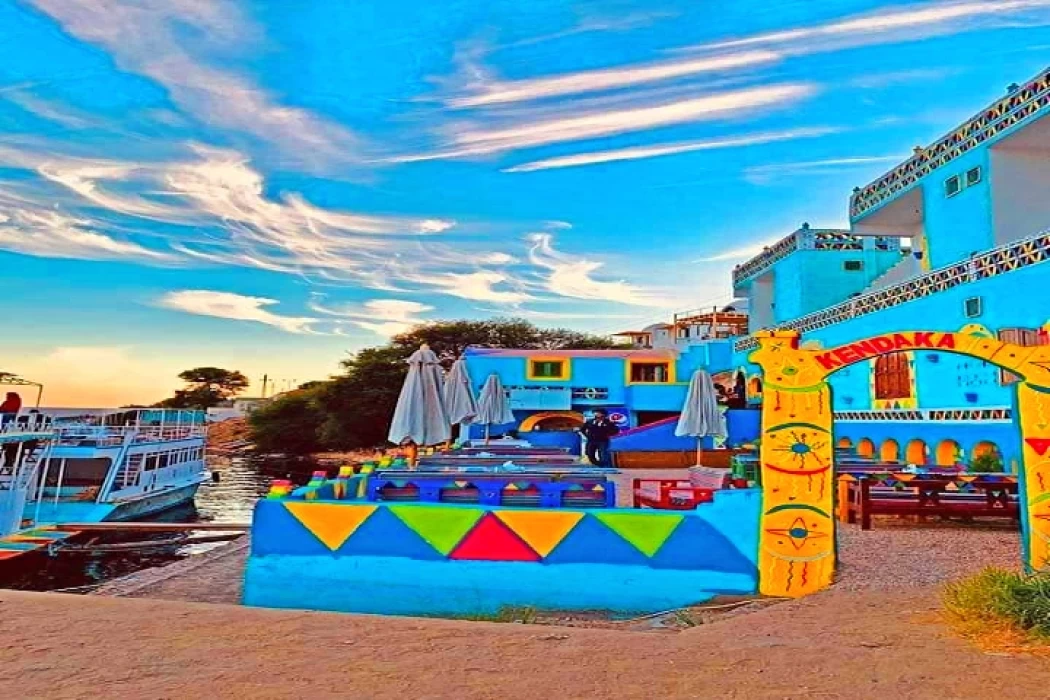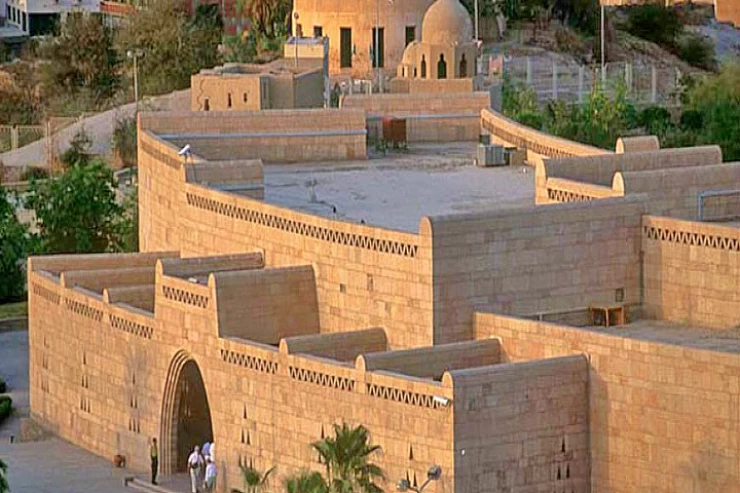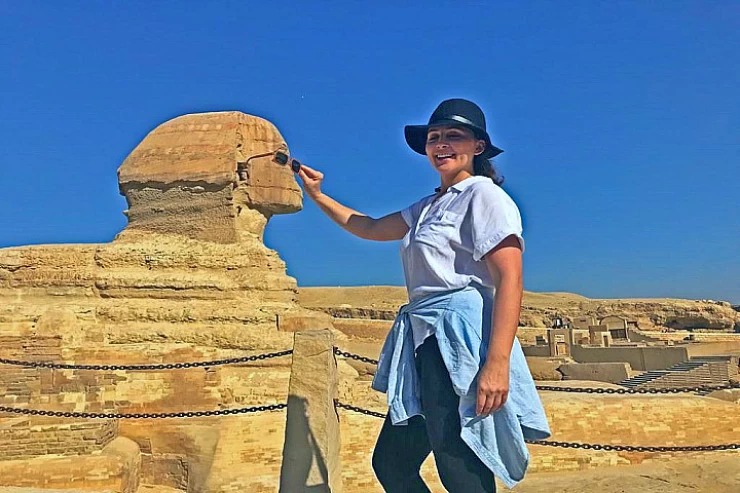
Nubian History and Culture
On the seventh day of July, the Nubian people commemorate their international day, for no obvious reason, apart from the fact that numeral 7 plays an important role in their historical account, days as well as different culture practices. As such, which, as is being attended to in this case, information covering all persons in Nubia, brings us to the question of what has this geographical area contributed to the development of mankind and its history.
It is also referred as the theory of civilization with all the underlying implications that one can think of. It would be figurative to say that there is an origin that is nearer to the African custom. This is because, every social group has the right to claim that theirs is the first and it is up to whom they are making the claim of theirs being the first against to defend themselves. For instance, china argues that it is more than 7 thousand years old apart from saying that it has civilization which is 7 thousand years. It argues that its civilization even came before that of the famous Egypt which does not request for self justification because the entire globe is fully aware of the Egyptian civilization, its status, history and magnificence.
It long ago began in the southern portion of the country, in Nubia, and to this day, every one of us in Nubia stands firm in the belief that civilization began there, in the heart of the ancient world, and that the records of the ages perpetuate this fact; Nubia is the southernmost region of Sudan, starting with the village of Aswa, and extending north to Khartoum, Sudan, and for all times, its history has been dependent on the Nile River, and the term ‘Nuba’ denotes the yellow metal; so looking at the etymology of the name, the region of Nubia stands for the golden country, and such is the old Egyptian contributed word ‘pharaoni” as this area was known to have gold bearing terrains’.
The ancient Egyptians called the land of Nubia the land of Kush, which is a late name that is only 5 thousand years old, but the Nubian civilization was before it, and before the formation of the kingdoms was the Stone Age.
Scientists have found artifacts dating back to the Neolithic era, which extends from (9 thousand to 4 thousand and 500 years BC), including pieces of pottery and porcelain.
The early Nubians domesticated animals and benefited from them, and there is evidence of this from 7,000 years ago, according to David Edwards in his book "The Nubian Past".
In the north of Wadi Halfa in the Khor Musa area, there was a 10,000-year-old civilization in the Qastal and Wadi Al-Alaq areas, and the antiquities confirm the existence of a 10,000-year-old civilization in an area called Khor Bahan, which is located in the east of Aswan, and this is confirmed by the discovery of types of pottery distinguished by their pink colors and vessels decorated with engravings.


















